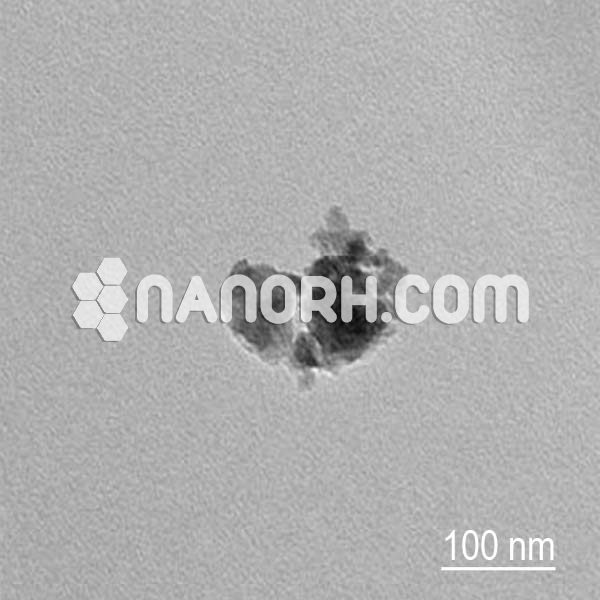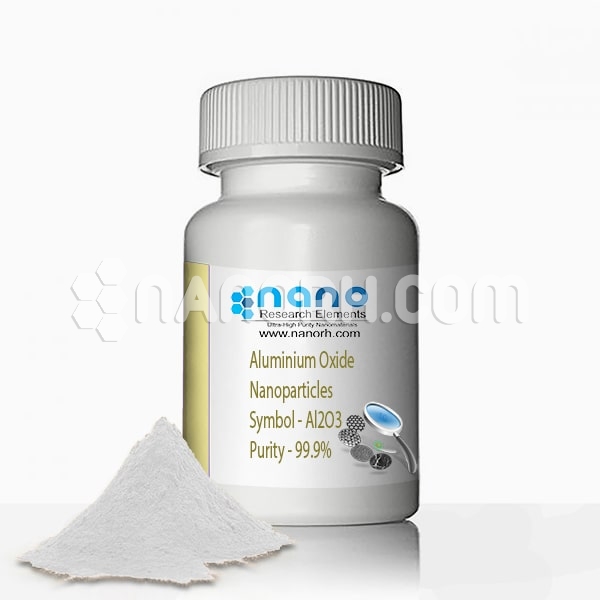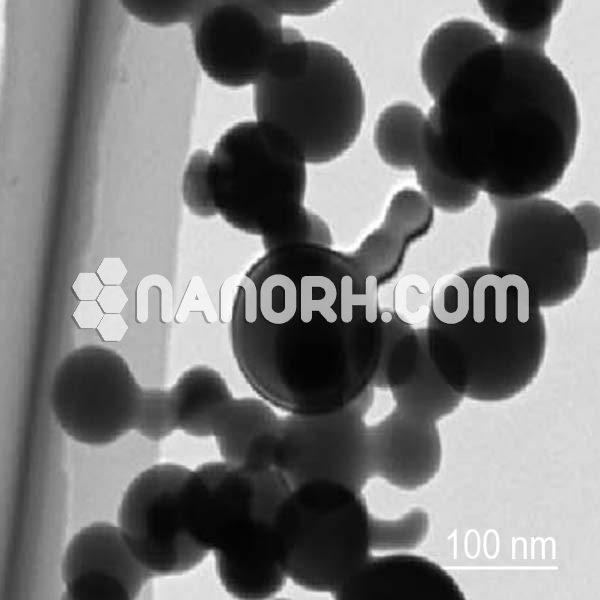Carbon Nanopowder
Carbon Nanopowder is produced using a determination of high temperature superfine charcoal through uncommon carbonization, actuation, pounding and characterization, along these lines, the nanopowder has the accompanying highlights: Powerful particular surface Area (SSA>300m2/g); Electrical conductivity (0.2ω.cm); high enactment
| Carbon Nanopowder | |
| Product No | NRE-1006 |
| CAS No. | 7440-44-0 |
| Formula | C |
| APS | <100nm (Can be Customized) |
| Purity | 99.9% |
| Color | Brown-Black |
| Molecular Weight | 12.01 g/mol |
| Density | 1.8- 2.1 g/cm3 |
| Melting Point | 3550°C |
| Boiling Point | 4827°C |
Carbon Nanopowder:
Carbon nanopowder, also known as carbon-based nanomaterials, is a class of nanomaterials made up of carbon atoms with sizes ranging from 1 to 100 nanometers. These particles have unique properties such as high surface area, high electrical conductivity, and biocompatibility that make them suitable for various applications. Here are some of the applications of carbon nanoparticles:
Biomedical Applications: Carbon nanoparticles are being extensively studied for their use in biomedical applications such as drug delivery, cancer imaging, and therapy. They are biocompatible and can easily be functionalized with different biomolecules, making them a promising candidate for biomedical applications.
Energy Storage: Carbon nanoparticles are used as electrode material in energy storage devices such as batteries and supercapacitors due to their high surface area and electrical conductivity.
Catalysts: Carbon nanoparticles have shown potential as catalysts in various chemical reactions due to their high surface area, stability, and unique electronic properties.
Electronics: Carbon nanoparticles are used in electronic devices such as transistors, sensors, and displays due to their excellent electrical conductivity and semiconducting properties.
Environmental Applications: Carbon nanoparticles are used in environmental applications such as water treatment, air purification, and carbon capture due to their high surface area and ability to adsorb various pollutants.
Food and Agriculture: Carbon nanoparticles are being used in the food and agriculture industry as an additive to improve food quality, crop growth, and soil health.
Nanocomposites: Carbon nanoparticles are used as fillers in polymer nanocomposites to improve their mechanical, thermal, and electrical properties.





Reviews
There are no reviews yet.